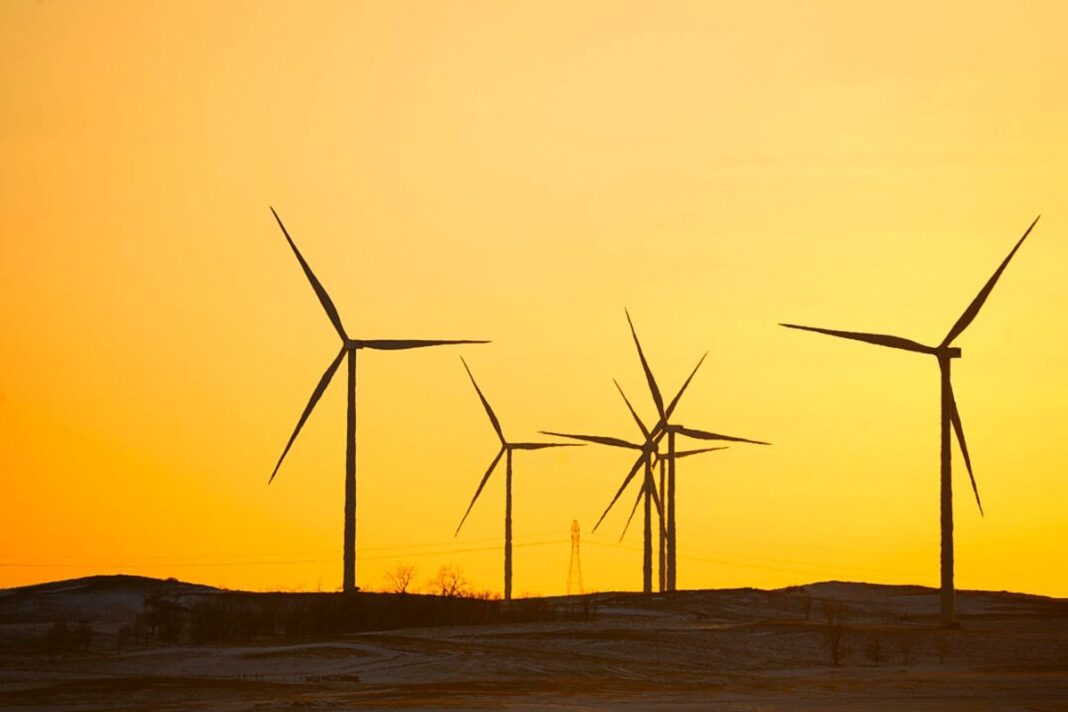The government is also seeking to end support for energy supply chains that are under the control of foreign rivals.
The Department of the Interior (DOI) is implementing four policy measures to end what it calls special treatment for “unreliable energy sources,” such as wind, and to ensure affordable, reliable energy development nationwide, the agency said in a July 29 statement.
Unlike fossil fuels that can generate power at all times, sources such as wind are dependent on weather conditions, making them unreliable.
The department said it is “evaluating whether to stop onshore wind development on some federal lands and halting future offshore wind lease sales.” The department said it will also “study how constructing and operating wind turbines might affect migratory bird populations.”
Under the Biden administration, promoting wind power was a major policy focus. President Joe Biden set a target of 30 gigawatts of wind power capacity for the United States by the end of this decade. As part of this, his administration announced several wind power projects.
Complying with Interior Secretary Doug Burgum’s July 29 order, the DOI’s first measure called for identifying policies biased in favor of wind and solar energy, and ceasing support for energy supply chains that are under the control of foreign rivals, the agency said.
The second measure involves restoring Congress’s mandate to consider all uses of public land and waters equally, the DOI said.
For instance, in October 2023, the Biden-era Bureau of Ocean Energy Management announced a Draft Wind Energy Area in the Gulf of Maine spanning 3.5 million acres, according to an Oct. 19, 2023, statement from the National Centers for Coastal Ocean Science.
At the time, NCCOS said the area presented a “promising opportunity for offshore wind development, with a capacity of over 40 gigawatts.”
The DOI said it will consider terminating the Wind Energy Area designation for the 3.5 million acres to safeguard “coastal environments and local economies from unchecked development.”
The agency will also work toward balancing energy development with other land uses such as recreation and grazing.
Thirdly, the DOI will discuss offshore wind development with stakeholders such as tribes, coastal towns, and the fishing industry.
The final measure involves assessing the consequences of wind turbines on the mortality rates of migratory birds.








